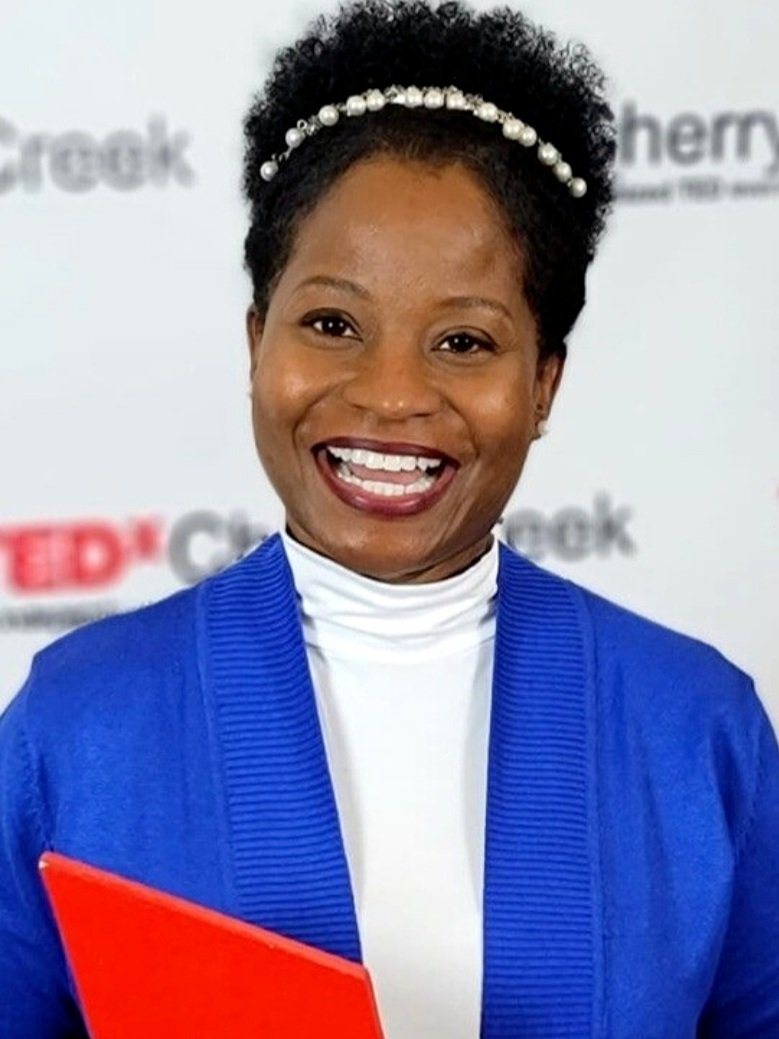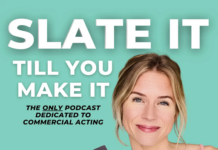In a thought-provoking interview with Michelle Starr, we delve into the pressing issue of diversity and inclusion in the corporate world. Michelle’s impassioned message, “Be Brown Brave,” seeks to address the staggering toll of underrepresentation and lack of support faced by women of color in corporate America. With a career spanning 25 years, Michelle shares her insights and solutions, drawing from her experiences with global leaders and small companies alike.
The Startling Reality
Michelle begins by painting a vivid picture of the challenges faced by businesses today. She urges us to think about the financial toll incurred by companies due to lawsuits and the persistent issues that lead to headaches and negative publicity. It’s a stark reminder that the cost of overlooking diversity and inclusion can be devastating.
Women of Color: An Overlooked Demographic
One of the most significant gaps Michelle highlights is the lack of representation and support for women of color in corporate America. She emphasizes the importance of recognizing this gap and taking proactive steps to address it. It’s not just a matter of acknowledging diversity but actively working towards inclusion.
Michelle’s wealth of experience comes to the forefront as she discusses her interactions with global leaders and companies such as Procter and Gamble and General Electric’s supply chain management. These organizations have championed women from all backgrounds and, in doing so, have reaped numerous benefits. Bravery, according to Michelle, is a catalyst for productivity, customer expansion, and increased sales.
Reflecting on her own published work and extensive discussions, Michelle underscores the necessity for leaders to follow the example set by those who have been brave enough to champion diversity. She firmly believes that bravery in leadership can inspire meaningful change in the corporate landscape.
Challenges in Fostering Inclusivity
However, Michelle also acknowledges the challenges that many companies face when attempting to create an inclusive environment. She points out that, all too often, women find themselves silenced, ignored, or excluded from key positions, resulting in significant losses for these organizations.
Michelle’s personal experiences are a testament to the pervasive issue of discrimination. She recalls working as the only woman and person of color on predominantly white teams, where her expertise was often disregarded. Such experiences not only hamper productivity but also contribute to missed deadlines and unsatisfied customers.
Michelle emphasizes that while many companies may believe they are doing enough to promote diversity and inclusion, the reality often falls short of their aspirations. This realization served as the impetus for her initiative, “Be Brown Brave.”
“Be Brown Brave”: A Call to Action
“Be Brown Brave” is Michelle’s rallying cry to encourage collective efforts in weaving inclusion, confronting bias, and stepping out of comfort zones. It’s about fostering an environment where bravery combats societal biases and supports struggling companies that are striving to do the right thing.
Michelle’s vision is clear: she envisions workplaces where women of all colors can be authentic and feel embraced and uplifted by their colleagues. Such an approach, if widely adopted, has the potential to extend kindness beyond the workplace.
Michelle leaves a powerful message for organizations of all sizes: let’s “Be Brown Brave” to create wins for all employees. The alternative, she warns, risks businesses that are not stronger, better, or more profitable. It’s a call to action for a brighter, more inclusive future in corporate America.
In conclusion, Michelle Starr’s “Be Brown Brave” is more than a slogan; it’s a passionate plea for change in how we approach diversity and inclusion. Through her experiences and dedication, she highlights the pressing need for a corporate landscape that values and empowers women of all colors. Her vision of kindness and inclusivity extends far beyond the workplace, inspiring us all to be brave, to confront bias, and to create a better world for everyone.







